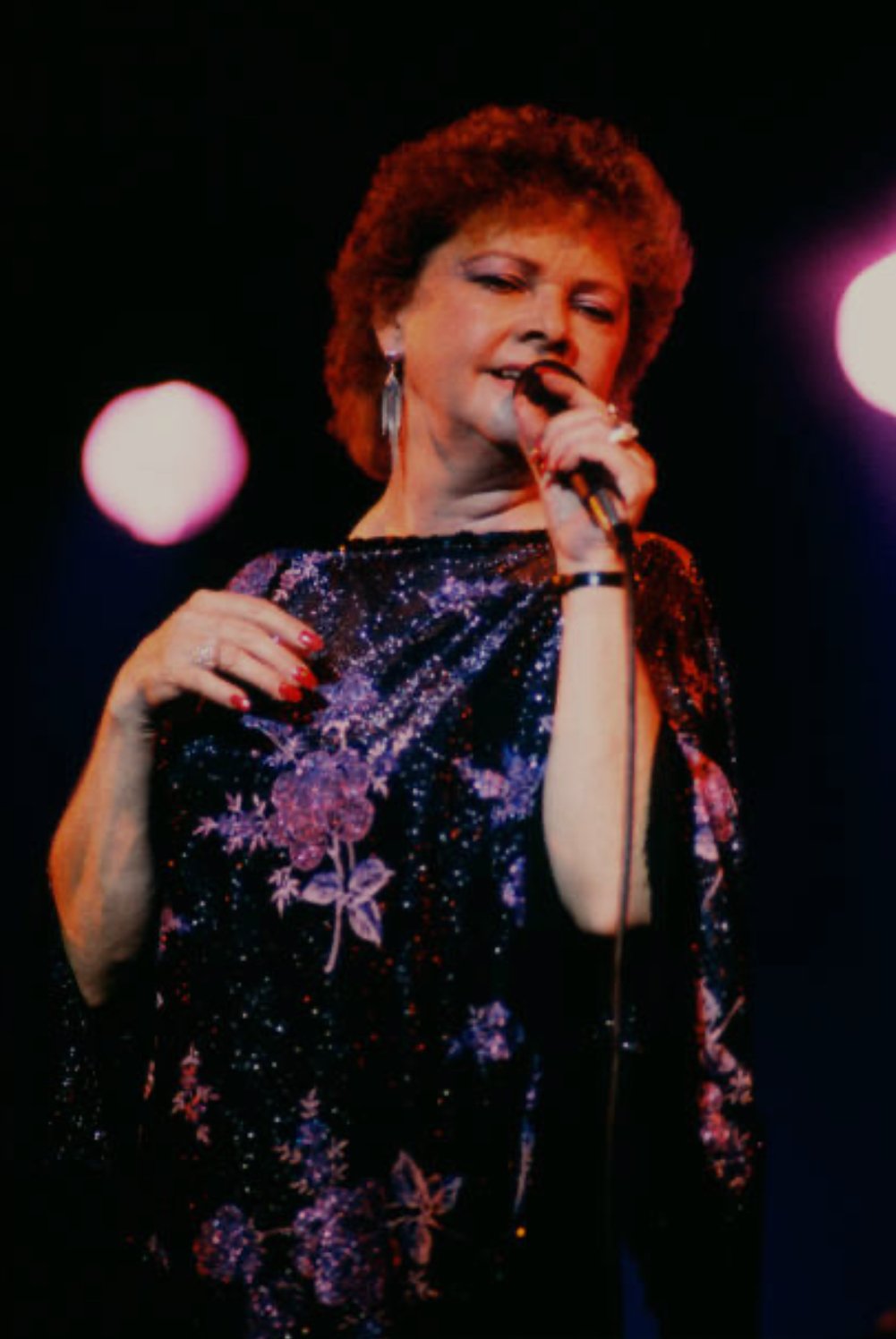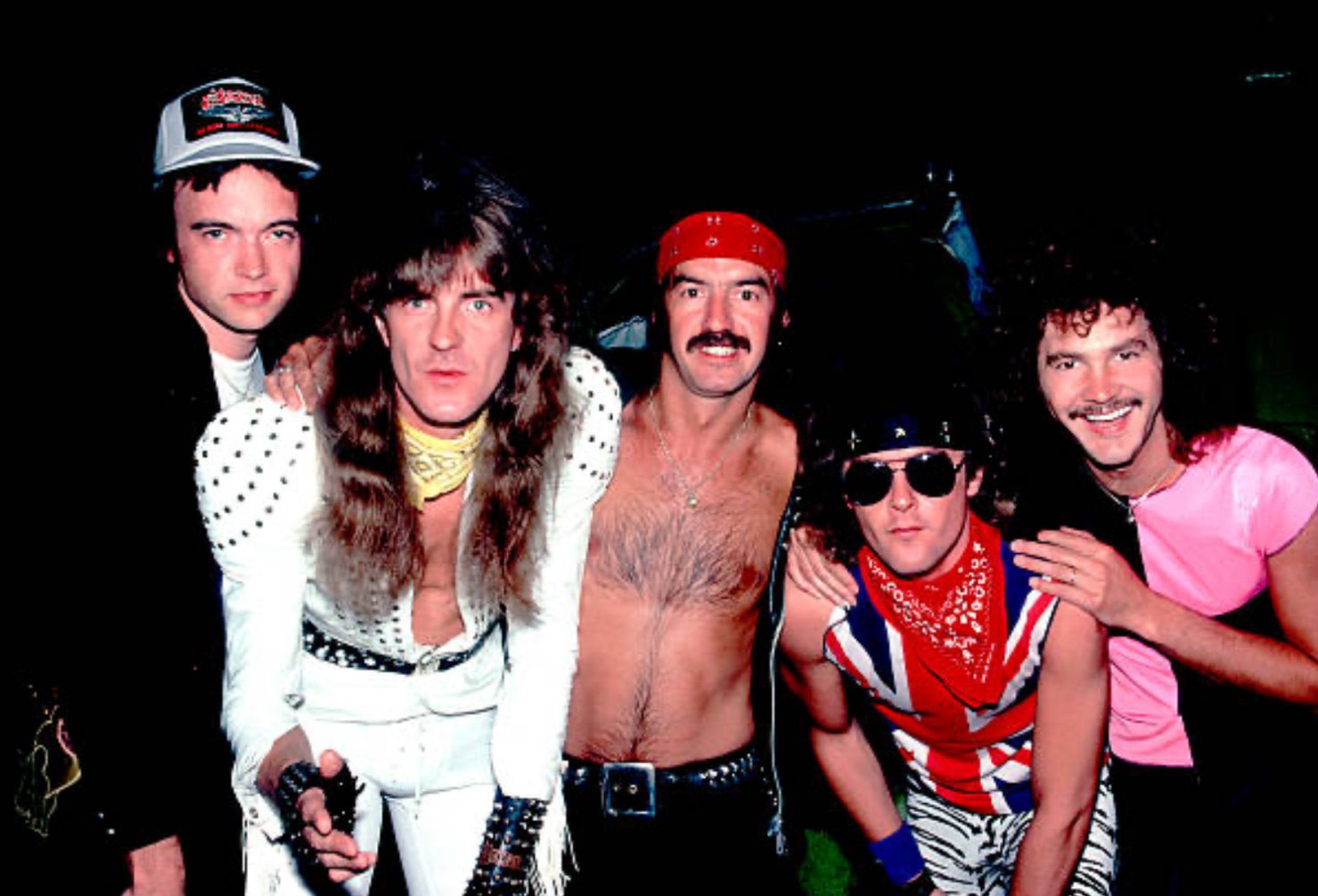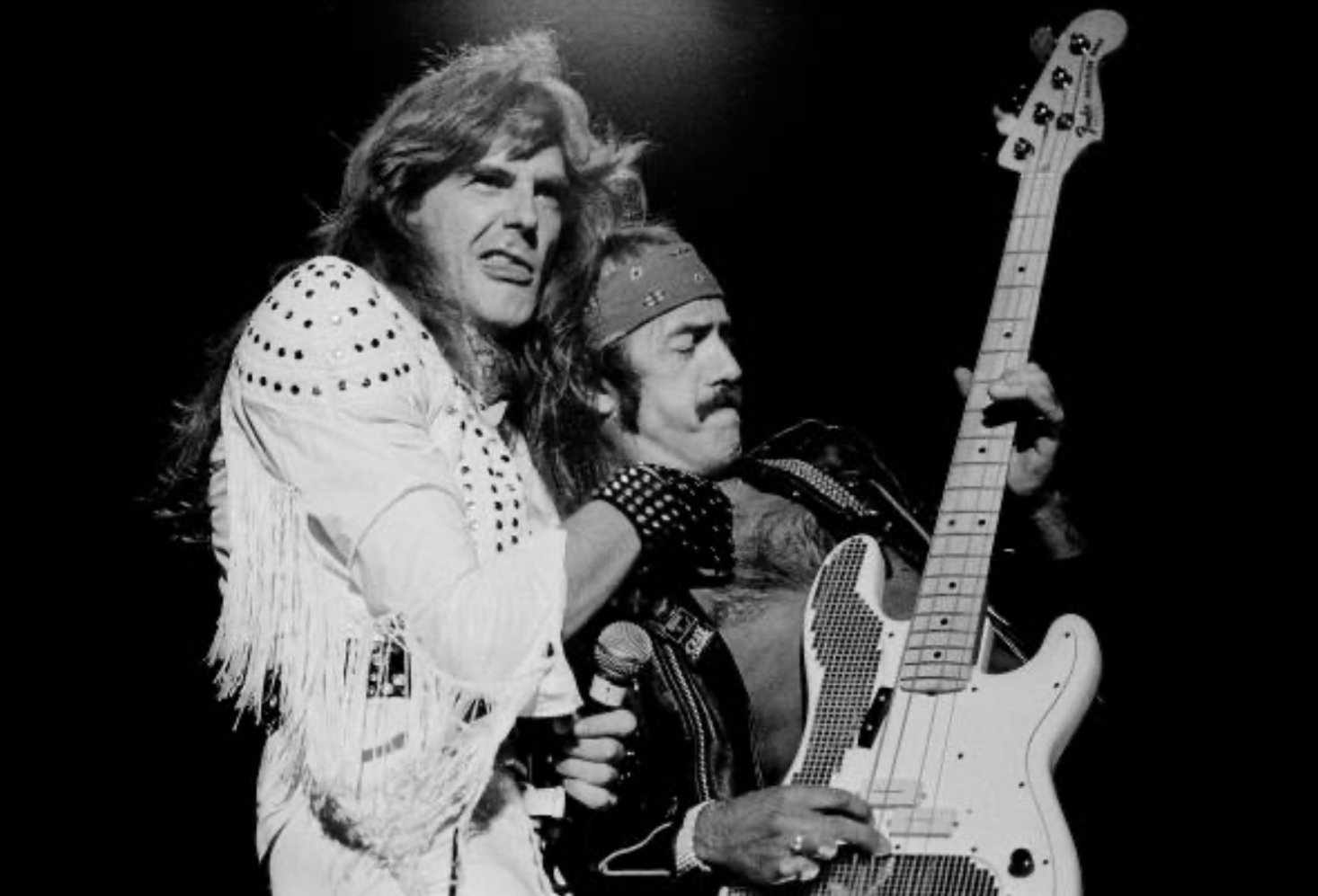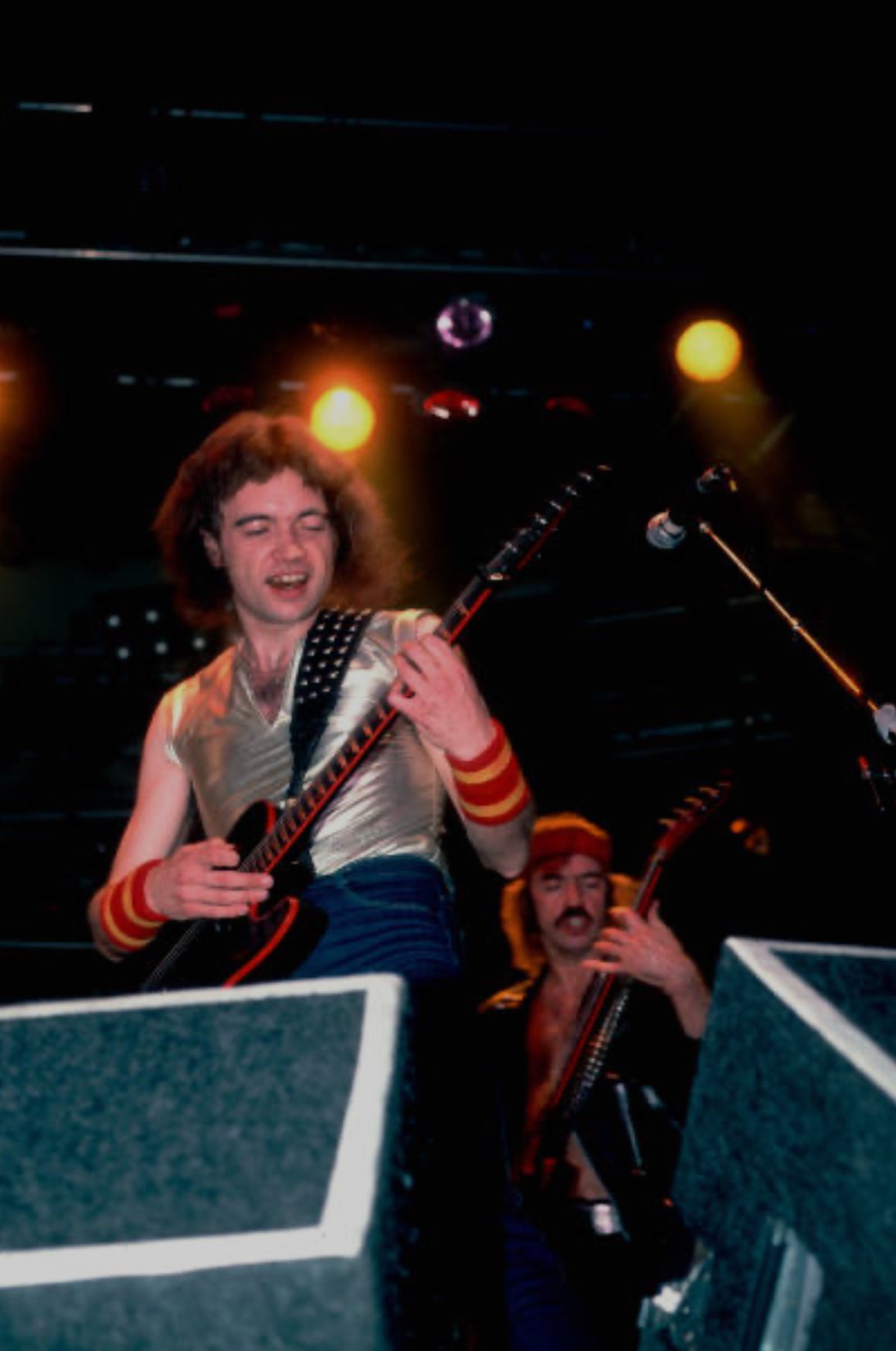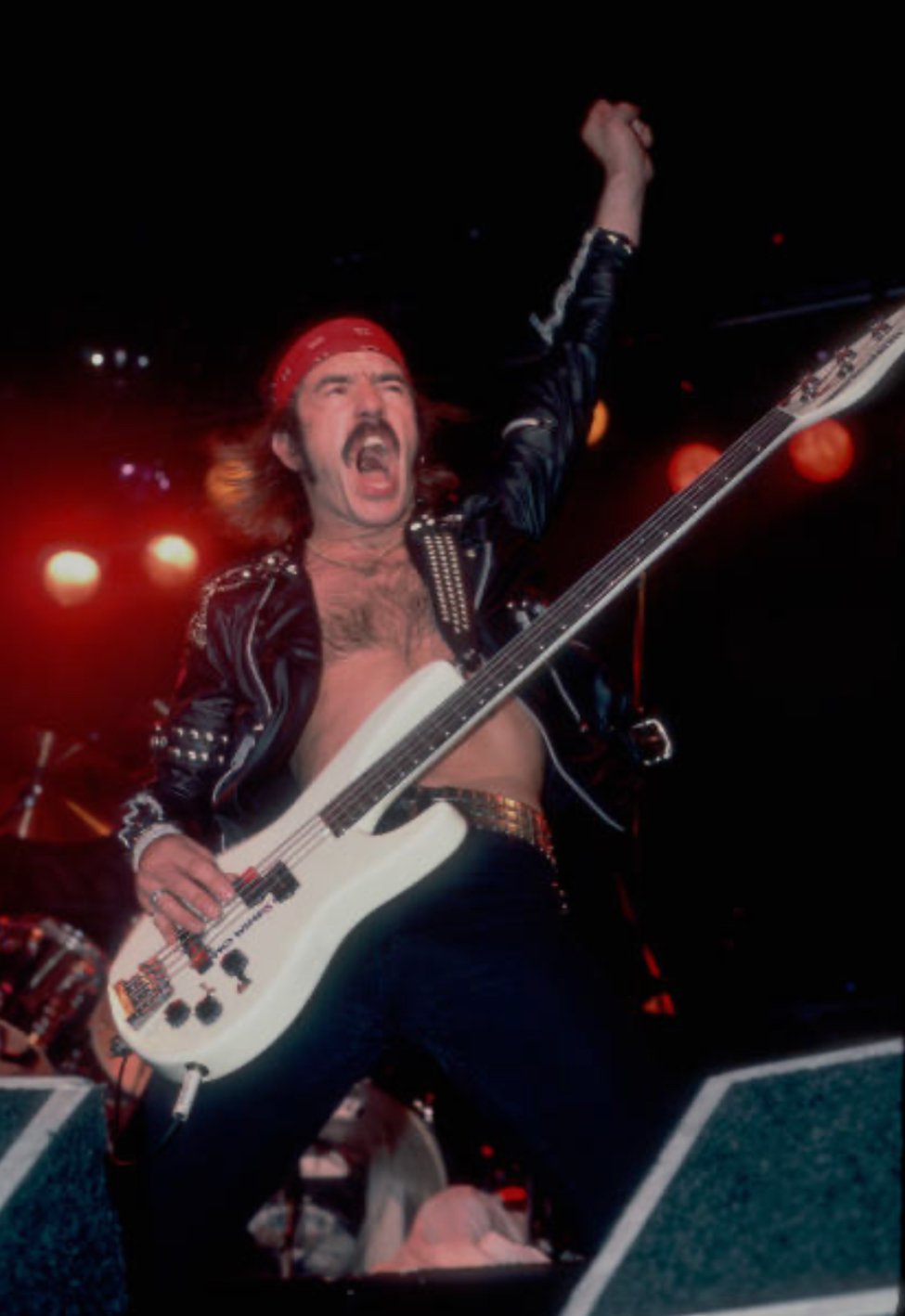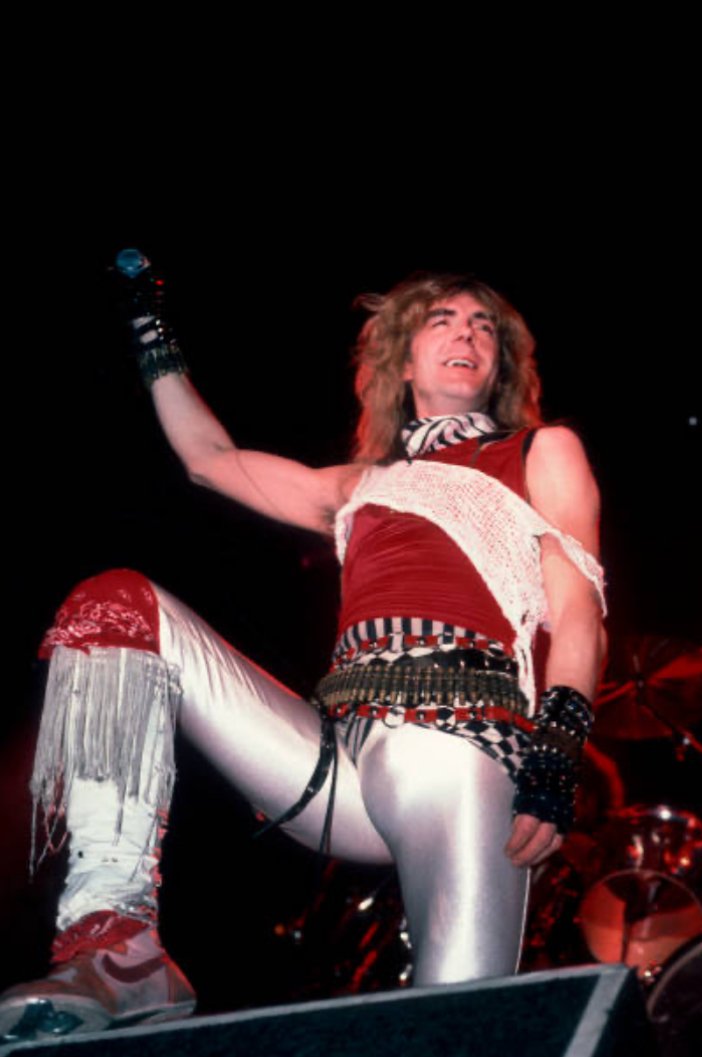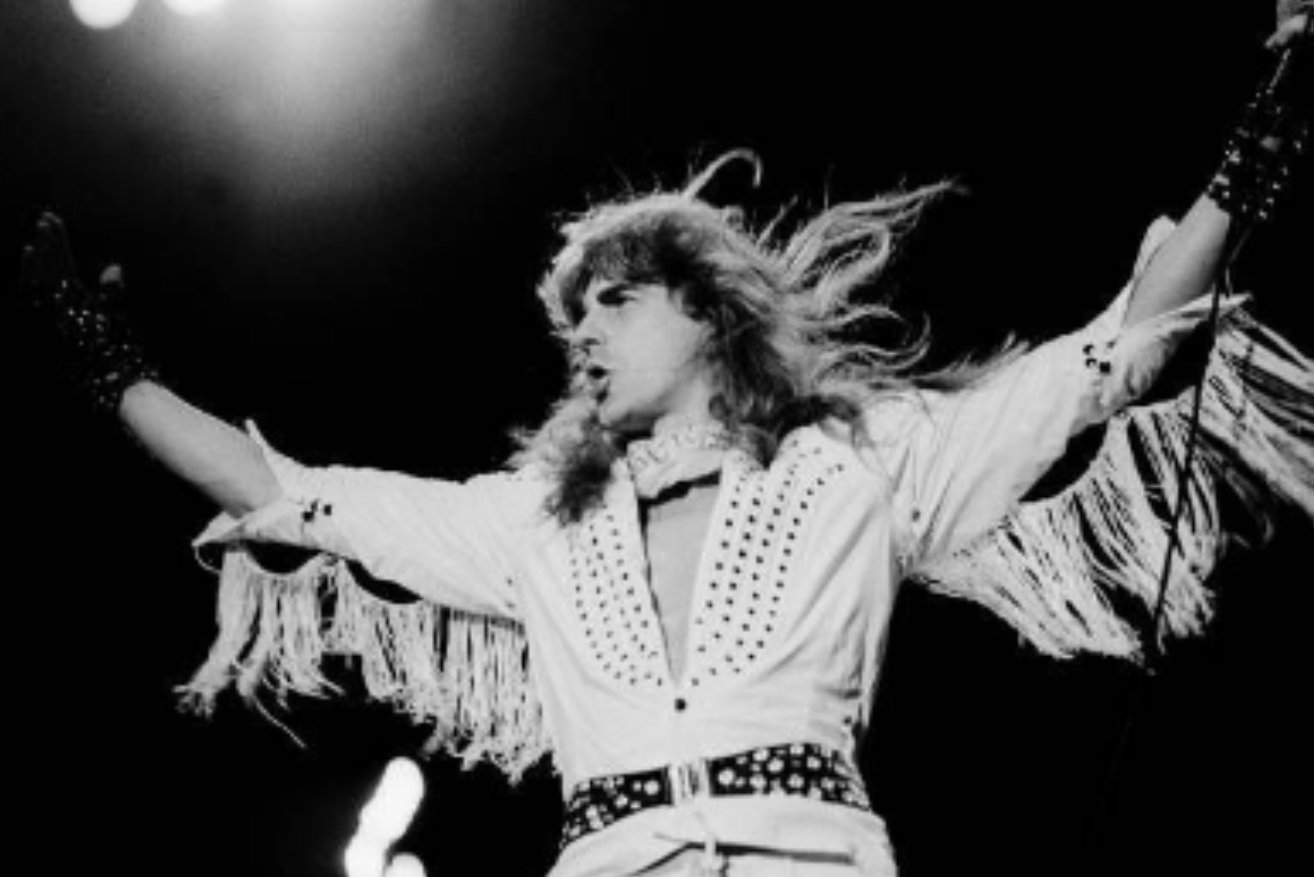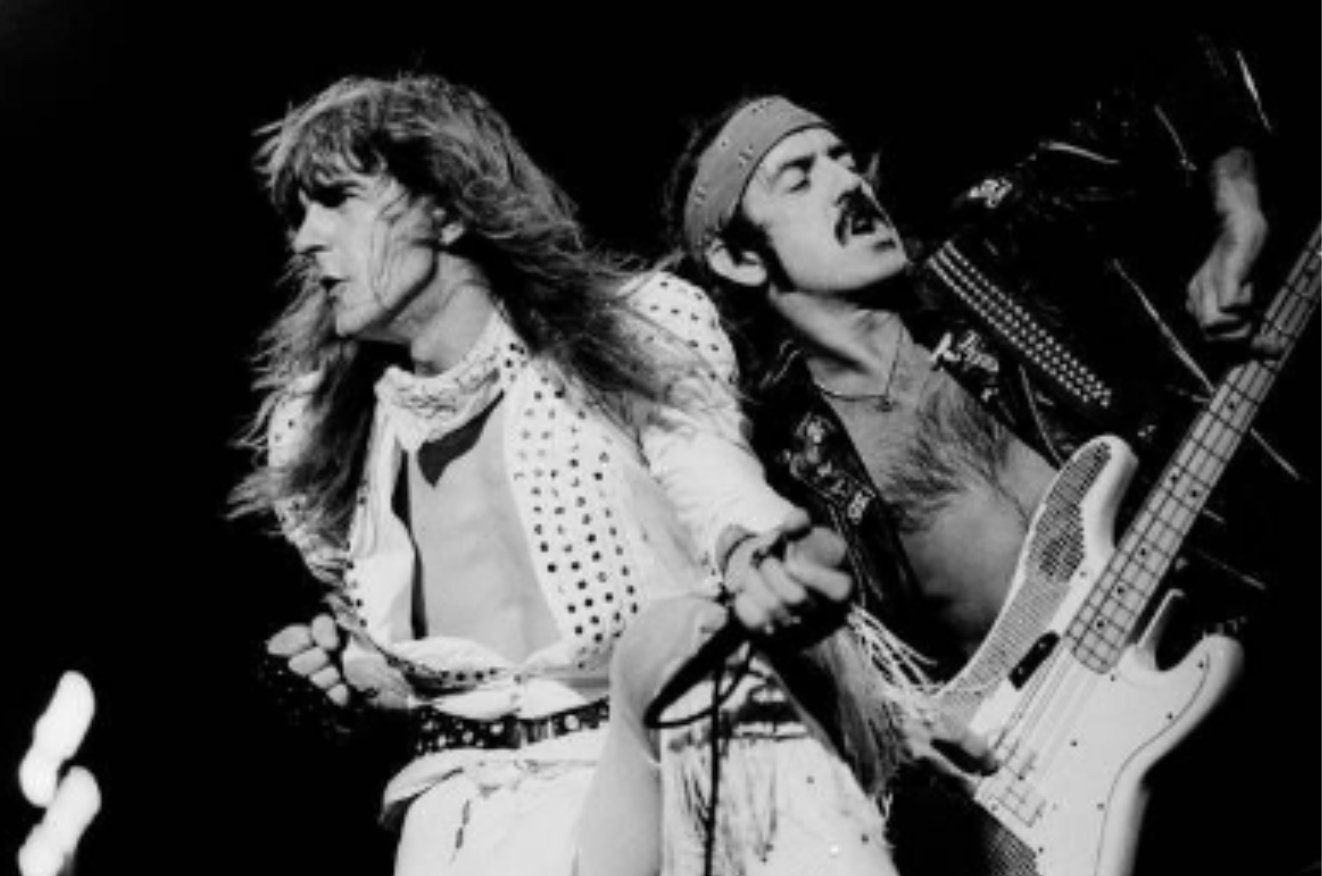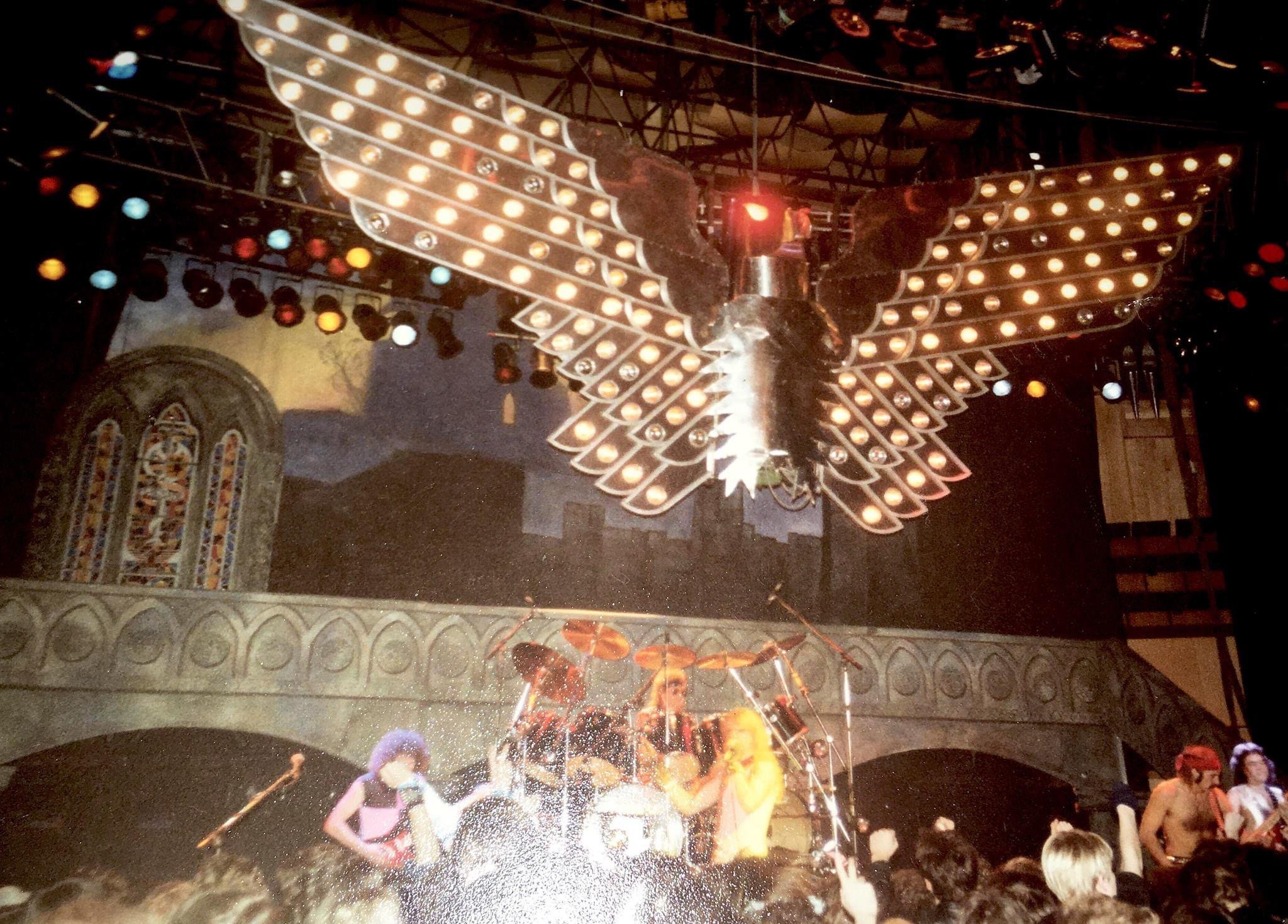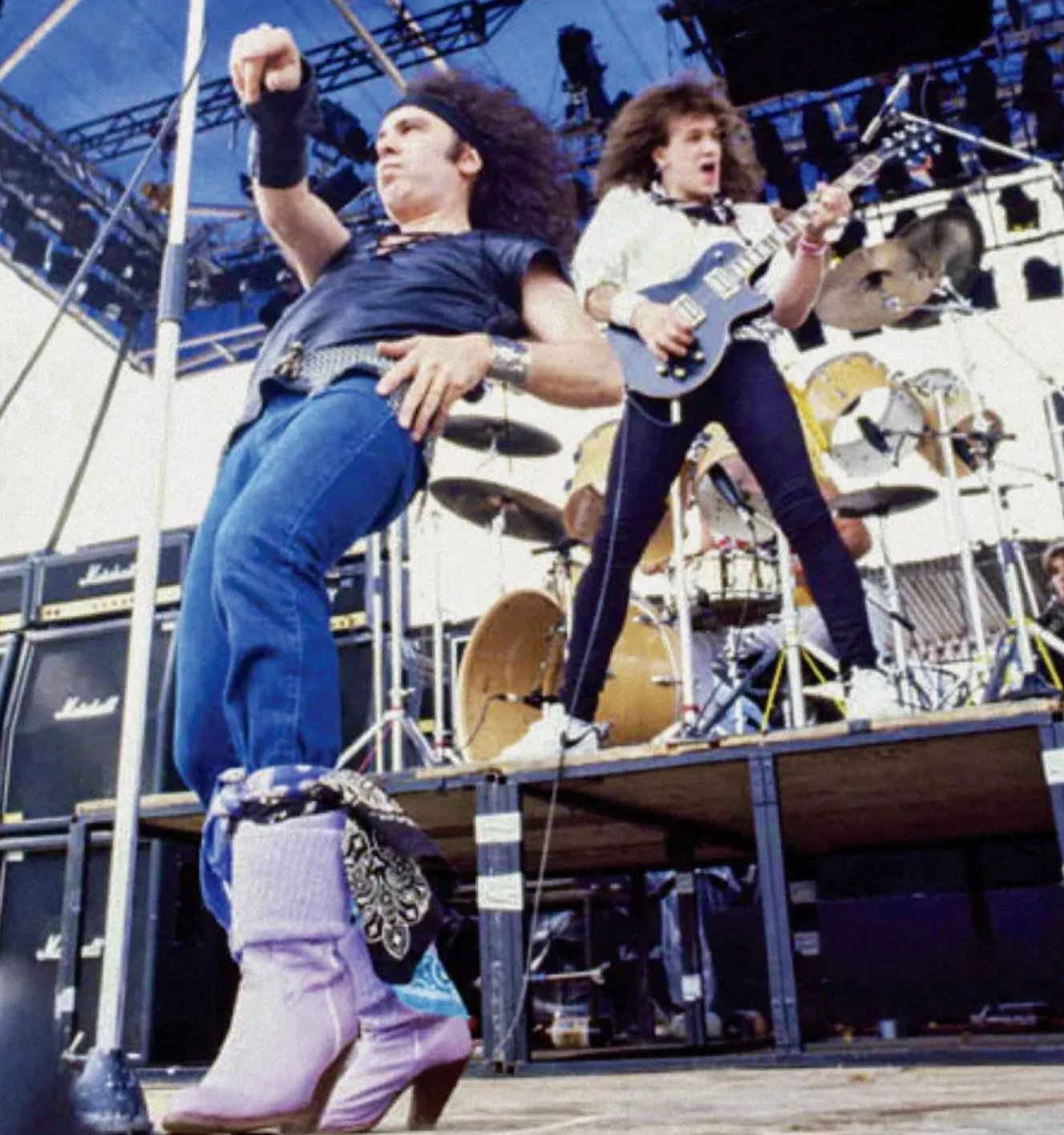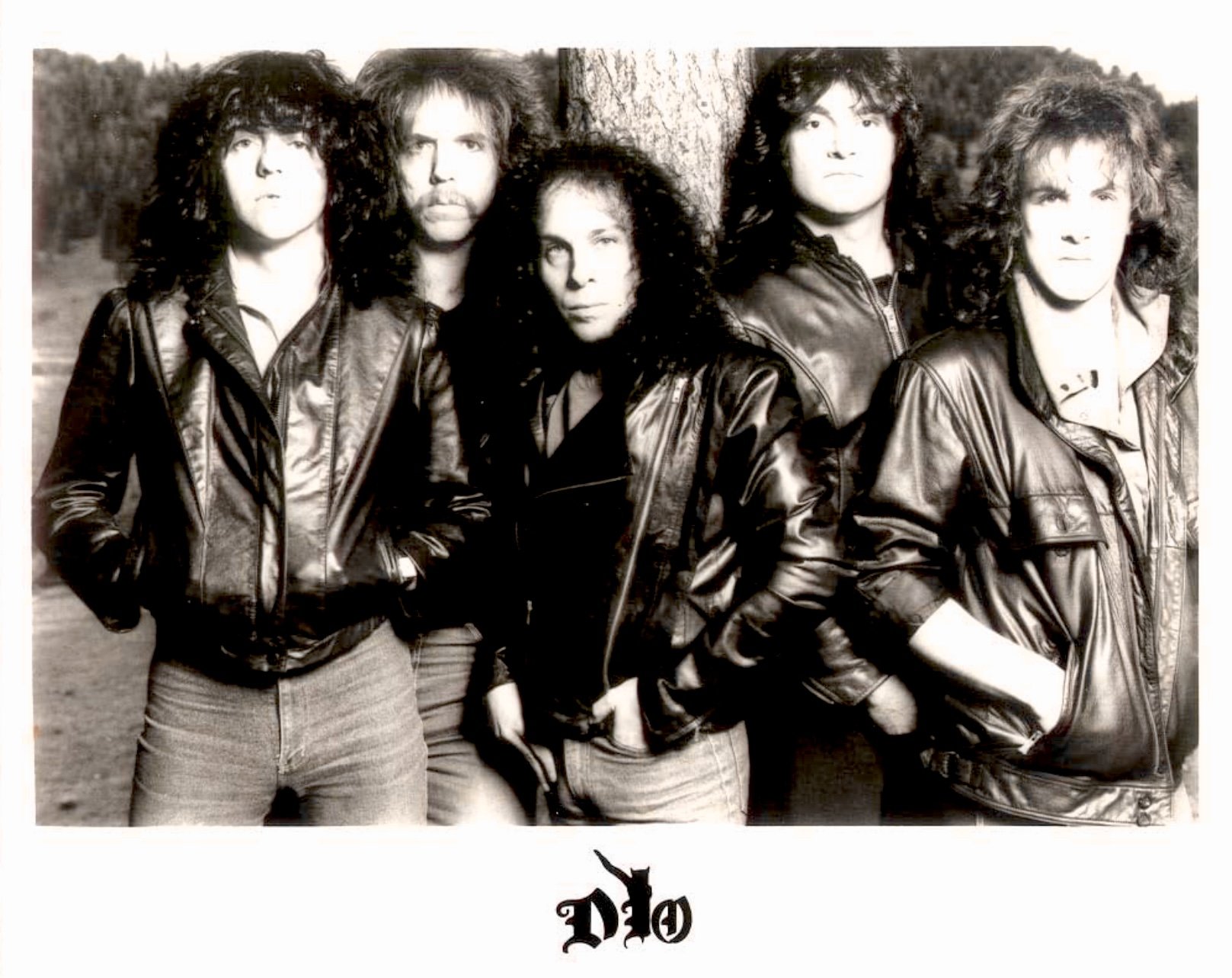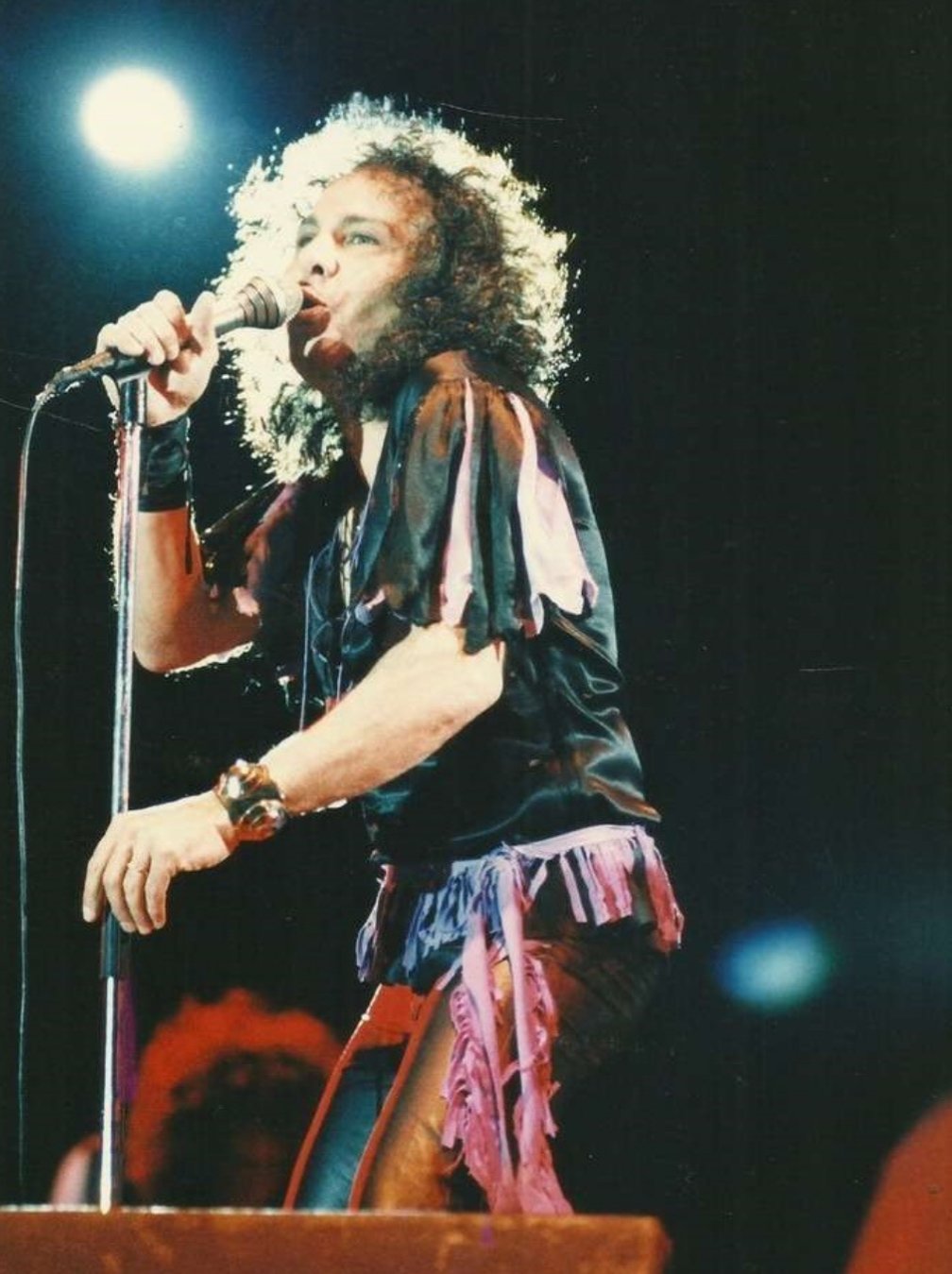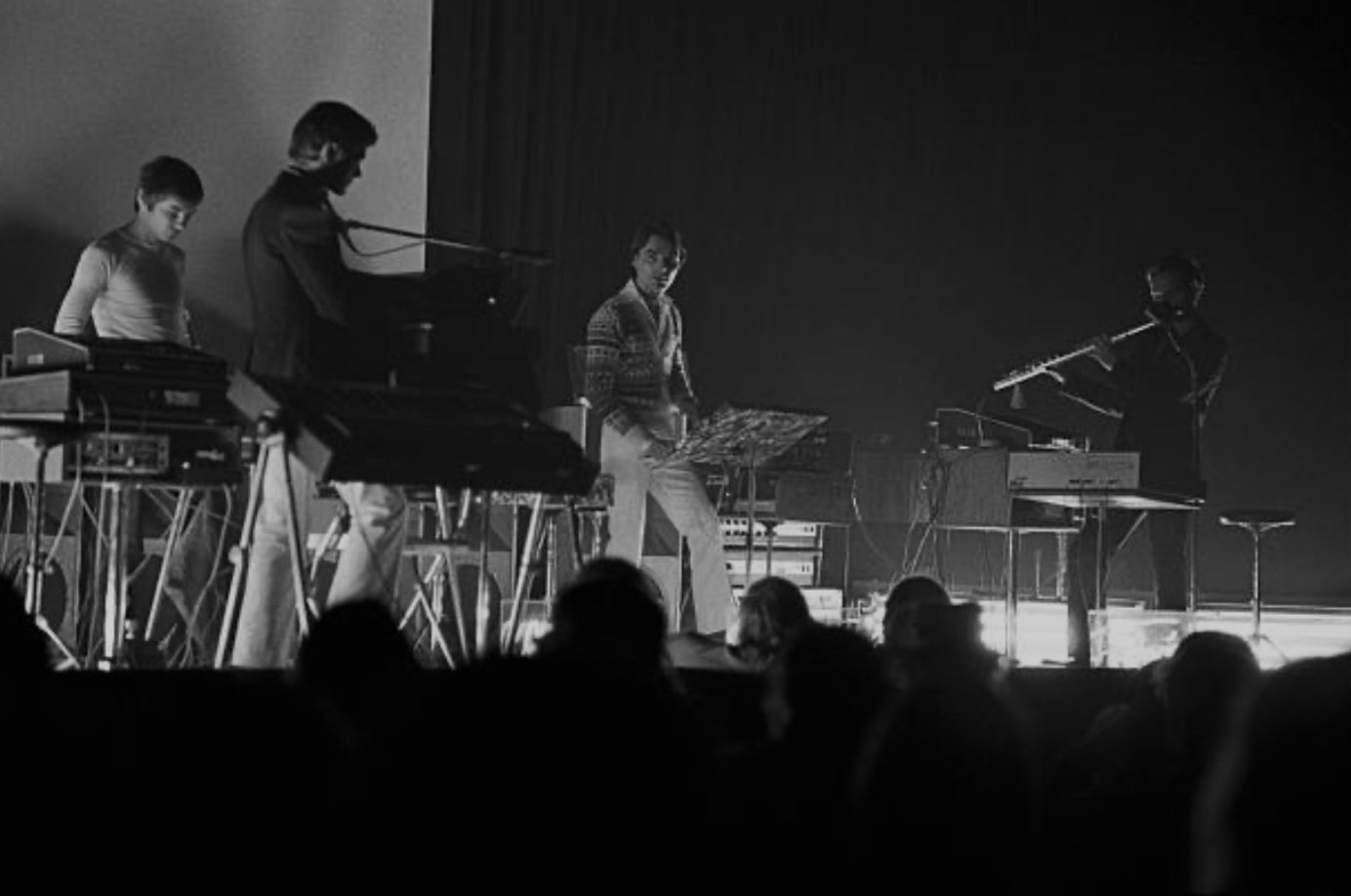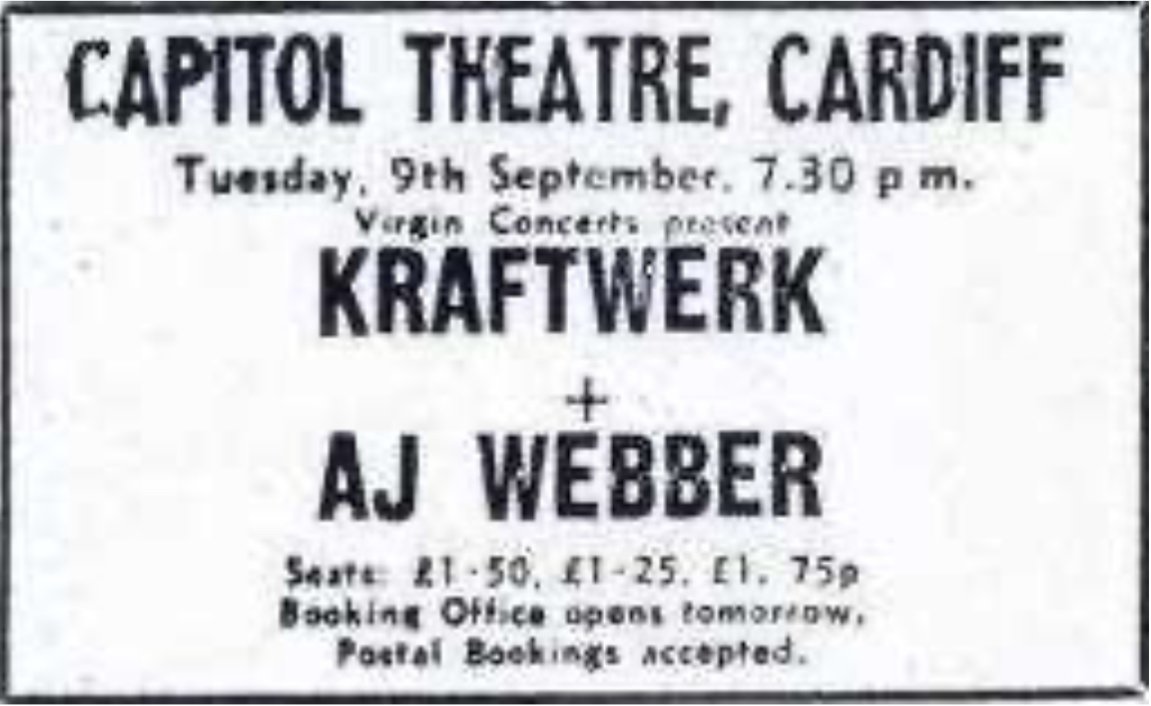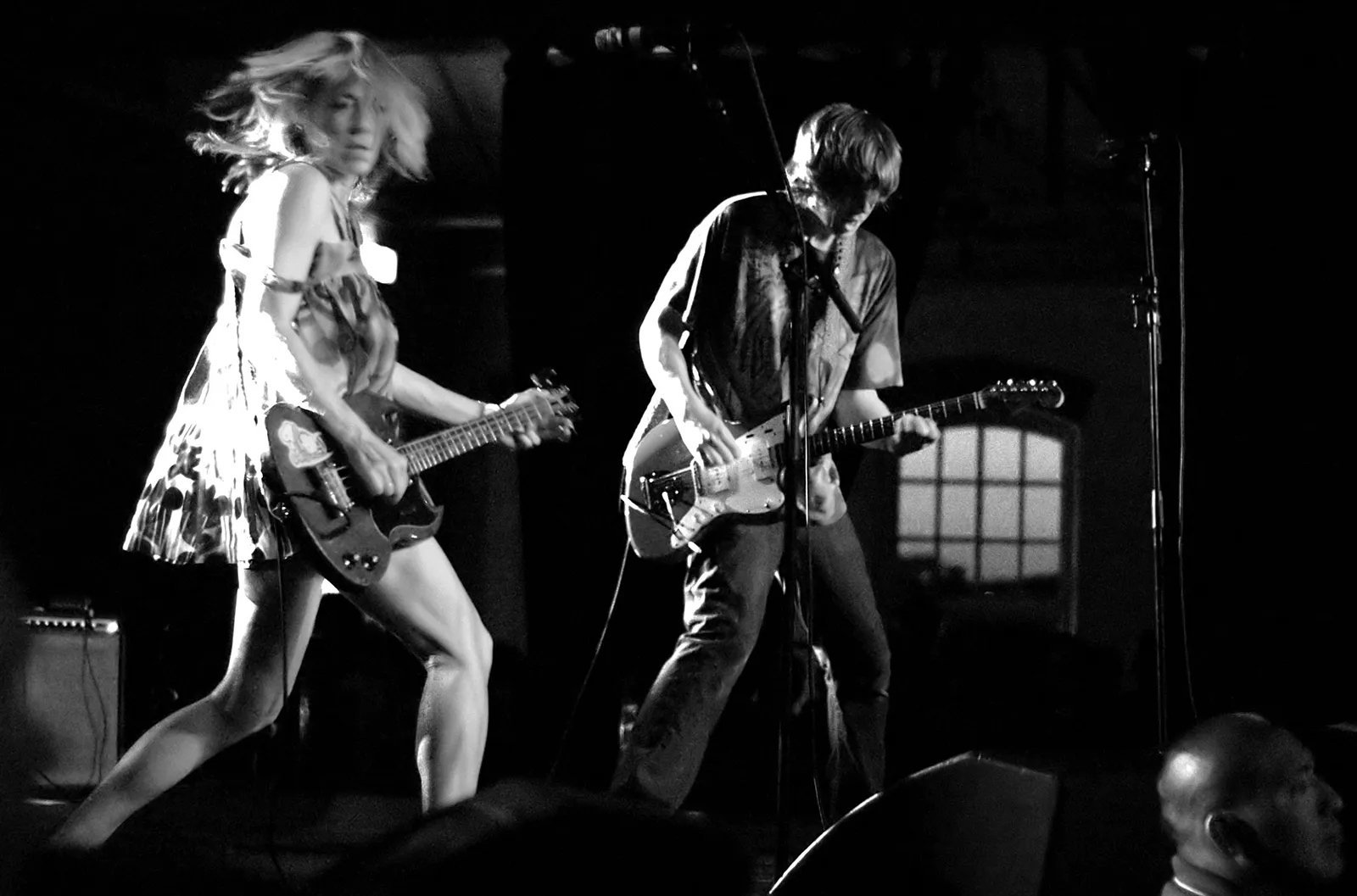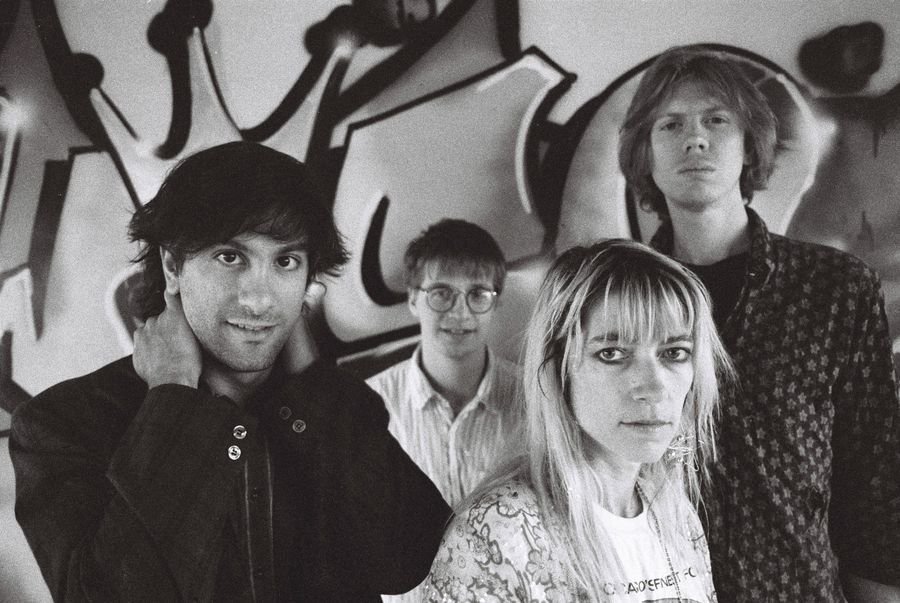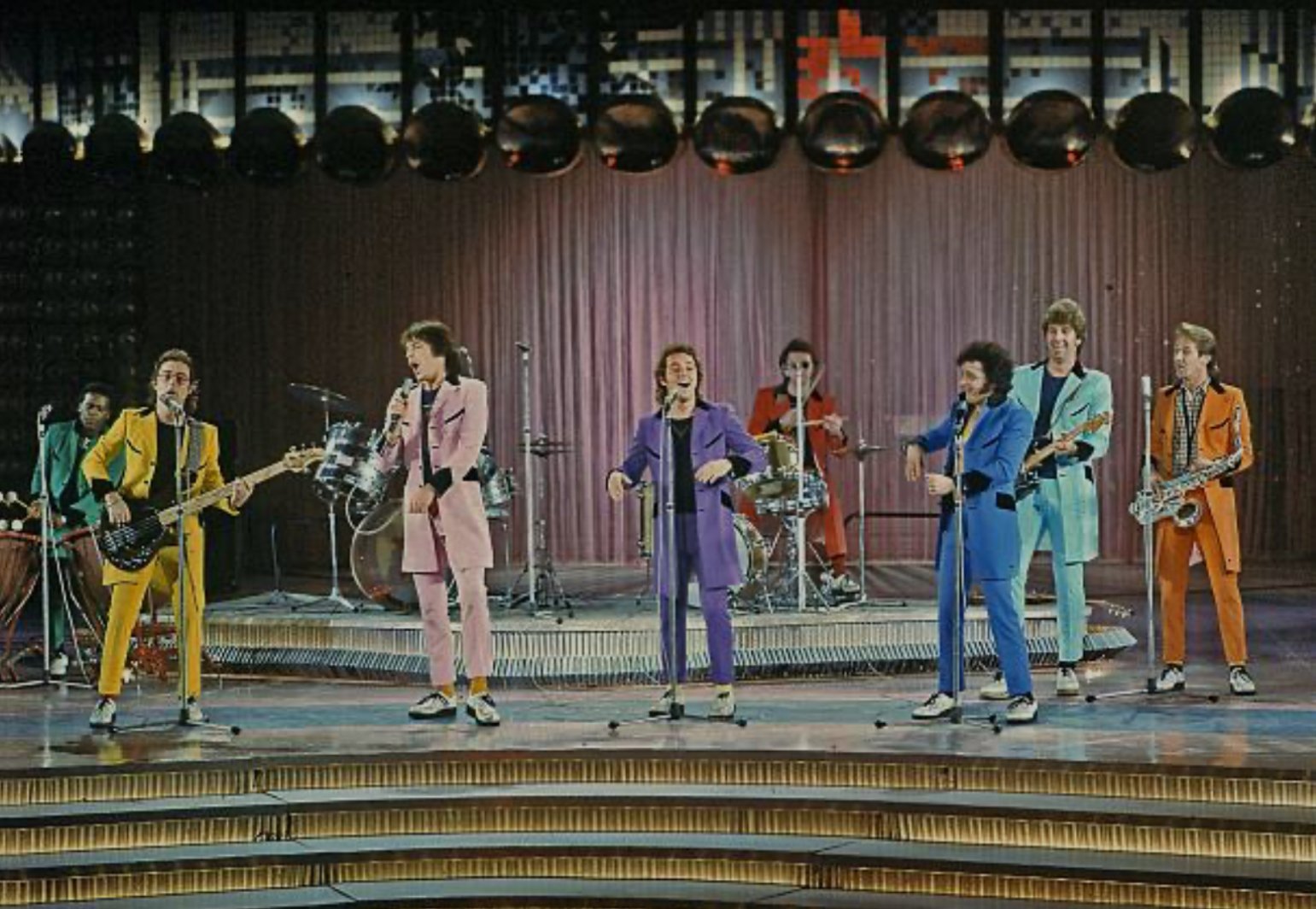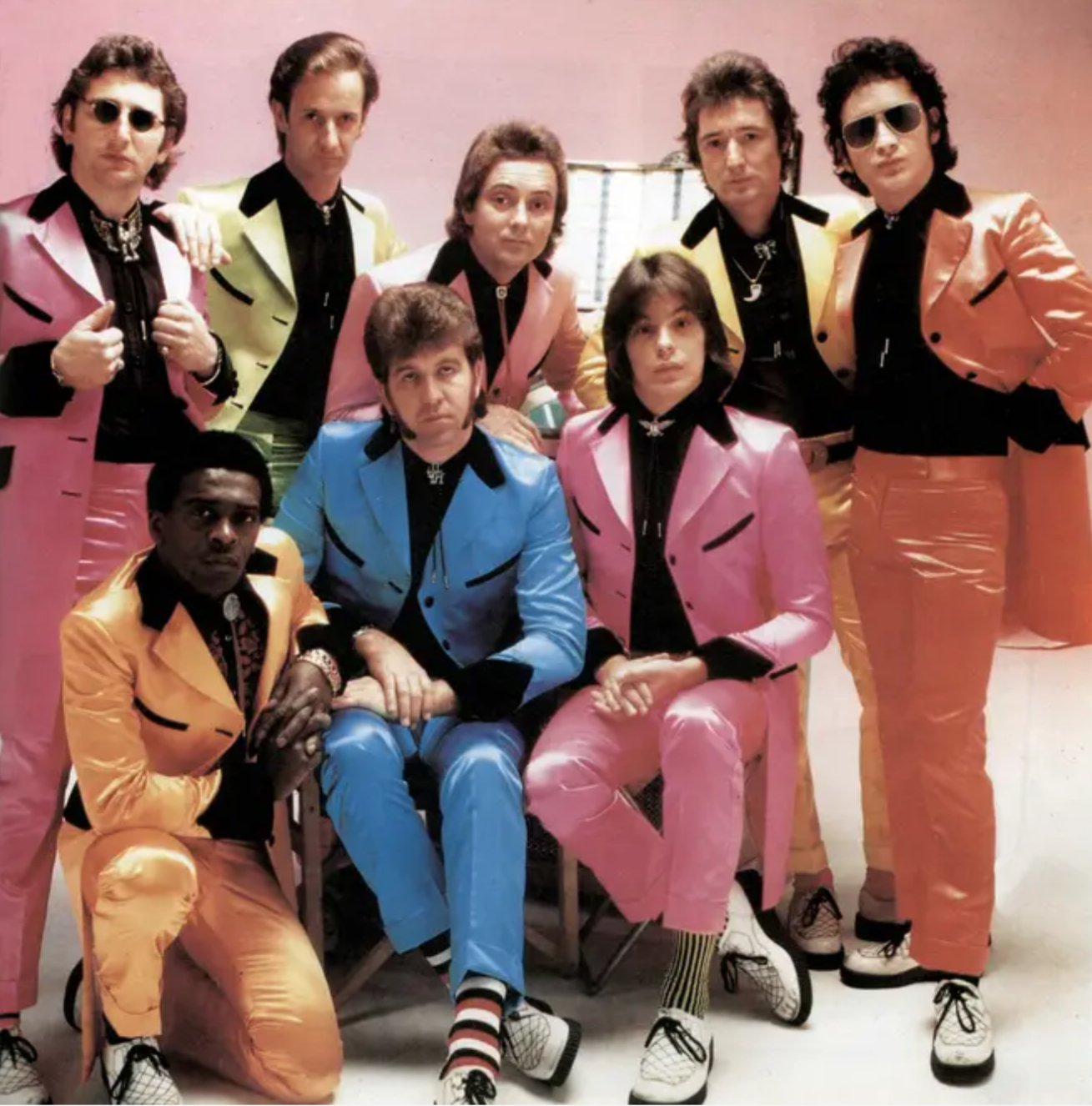Images may be subject to copyright
On this day, 15 September 2004, Norwegian thrash metal band Susperia played Cardiff’s Barfly. The had recently released their third studio album Unlimited
Formed in October 1998 by Tjodalv and Cyrus the band was originally named Seven Sins, but since there was another band with that name they changed it to the title of the horror film Suspiria, changing the spelling to avoid a clash with Suspiria, a gothic rock band that also took its name from the film.
On their early albums, the band experimented with a mixture of black and thrash metal. Testament, one of the members' favorite bands, was a major influence, and by the time the album Unlimited was released, the black metal elements had disappeared. Instead, the band gave more space to influences from heavy metal. Today, Susperia are generally regarded as a melodic thrash metal band.
The lyrics written by singer Athera are personal and either purely fictional or autobiographical. Politics and religion are not dealt with, nor are certain concepts. Athera uses both guttural and clean vocals.
Susperia is not a Satanic band, though their lyrics tend to criticise and question the views and morals of Christianity.























